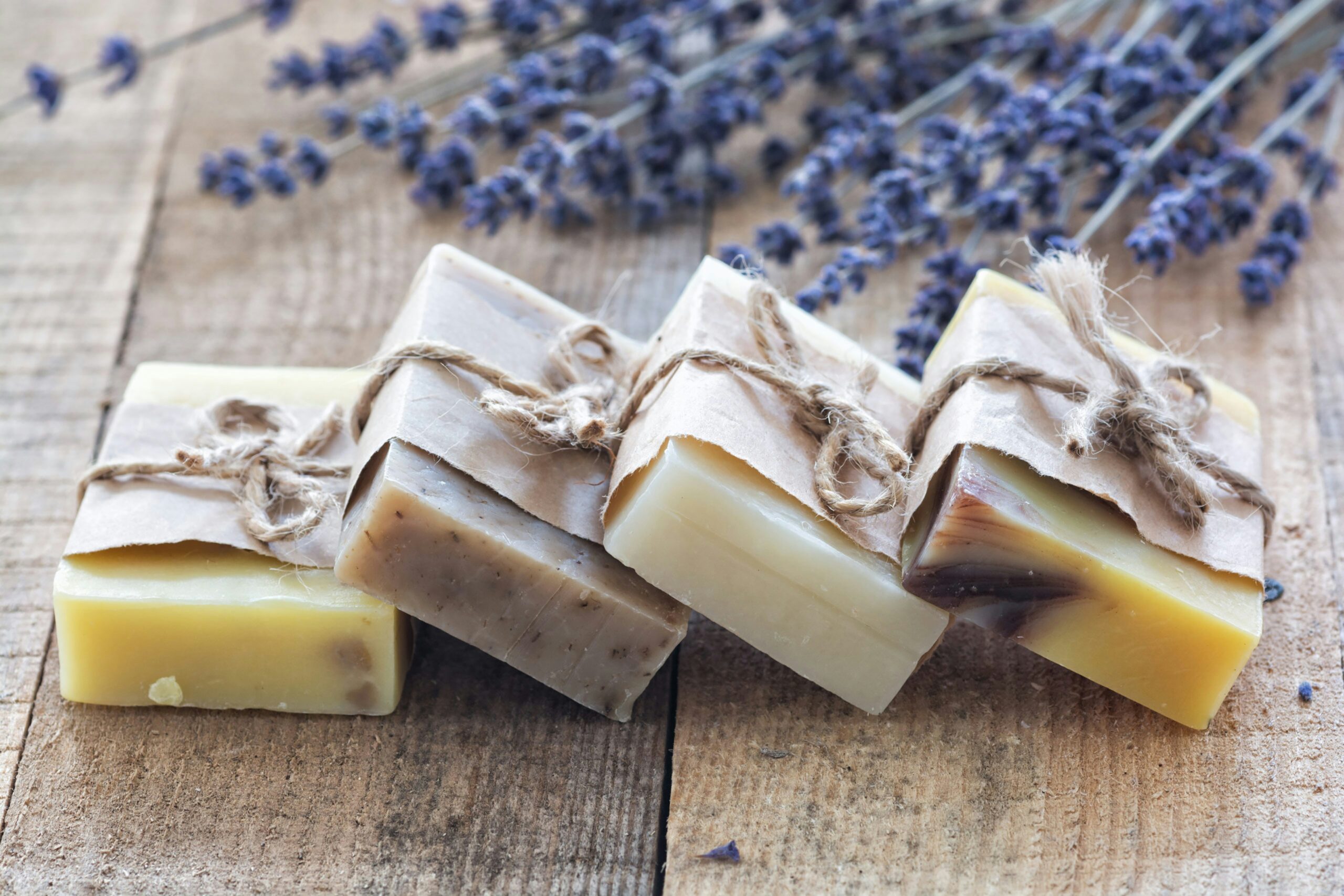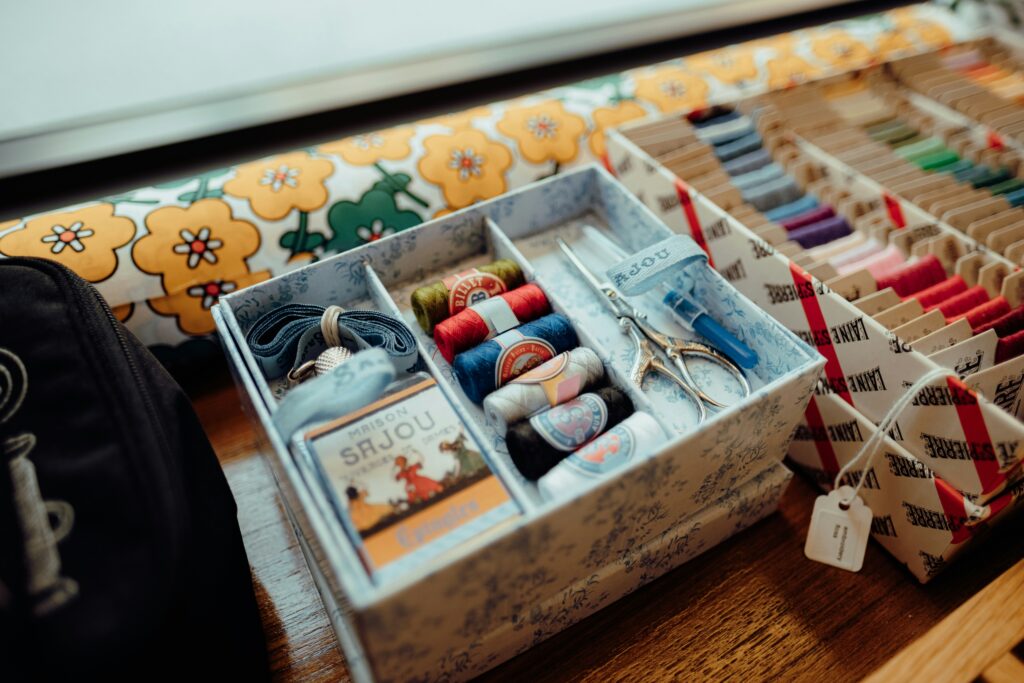
Handmade vs. machine made: What’s the real difference?
In a world dominated by mass production and fast fashion, the charm and allure of handmade items continue to stand out. Whether it’s a hand-knitted scarf, a bespoke piece of jewellery, or a hand-carved wooden bowl, there’s something special about owning a handmade product. But what exactly sets handmade goods apart from their machine-made counterparts? While both types of products serve their purpose, the differences go beyond just the price tag.
In this article, we’ll explore why handmade items are cherished for their uniqueness and craftsmanship, comparing their quality, durability, and the environmental impact of choosing one over the other:
- The allure and beauty of handmade items
- Quality and durability: Handmade vs. machine made
- The personal touch of handmade creations
- The environmental and ethical impact
- Value for money: The craftsmanship behind handmade goods

The allure and beauty of handmade items
There’s no denying that handmade items have a certain charm that machine-made products simply can’t replicate. It’s the thought and care that goes into each piece – the personal touch, the attention to detail, and the individuality of each item. When you purchase something handmade, you’re not just buying a product; you’re buying a story. Each piece tells the tale of the artisan’s skill, passion, and dedication to their craft.
Handmade products have a distinct quality that makes them stand out in a sea of uniform, factory-made goods. From the slight imperfections that make each item unique to the rich texture and feel of the materials, handmade items have a soul. They reflect the individuality of their makers, and that’s why so many people are drawn to them. Whether it’s a piece of furniture, a leather wallet, or a piece of art, handmade products carry an essence that mass-produced goods can never offer.
Quality and durability: Handmade vs. machine made
When it comes to quality, many people assume that mass-produced items are just as good, if not better, than handmade goods because they’re made with advanced technology and machinery. However, this isn’t always the case. While machine-made products can be uniform and consistent, they often lack the level of craftsmanship and attention to detail found in handmade creations.
Handmade items are typically crafted using high-quality materials, and the maker’s expertise plays a crucial role in the durability of the product. For example, a handmade leather bag made by an experienced artisan is likely to last much longer than a machine-made one produced in a factory. The artisan will have carefully selected the leather, stitched it with precision, and applied techniques that ensure it ages beautifully. In contrast, mass-produced bags may use cheaper materials and rely on automated processes that don’t account for the nuances that come with handcrafting.
Additionally, handmade items are often designed with longevity in mind. Artisans take pride in their work and focus on creating pieces that will stand the test of time, whether through stronger stitching, better finishes, or more durable materials. On the other hand, mass-produced goods are often built to be cost-effective and efficient, which sometimes means sacrificing durability.

The personal touch of handmade creations
One of the most significant advantages of handmade goods is the personal touch that goes into their creation. When an artisan crafts a product, they pour their skill, passion, and creativity into it. This human element is what makes handmade items so unique. Whether it’s a custom piece of jewellery or a hand-painted mug, these items reflect the maker’s personality and vision.
This personal connection is something you’ll never get with a machine-made product. Machines are designed for speed and precision, but they lack the heart and soul that comes with handmade creations. When you buy something handmade, you’re supporting an individual’s craft, and often, you can trace the process back to the person who made it. This connection gives the item meaning and makes it all the more special.
Moreover, handmade items are often customised to meet specific needs or preferences. Many artisans offer bespoke services, allowing customers to request unique features, colours, or designs. This level of personalisation is impossible to achieve with mass-produced items, which are generally limited to standardised sizes, colours, and shapes.
The environmental and ethical impact
When you buy machine-made products, it’s important to consider the environmental impact of mass production. The fast fashion industry, for example, is notorious for its enormous carbon footprint and waste. Mass production often involves synthetic materials, factory pollution, and overconsumption, which contribute to environmental degradation.
In contrast, handmade items are usually produced in small batches, with a focus on sustainable materials and eco-friendly practices. Many artisans prioritise using natural, recycled, or upcycled materials, and their production methods are less resource-intensive. By supporting handmade goods, you’re making a conscious choice to reduce waste, avoid overproduction, and contribute to a more sustainable, ethical way of consuming.
Furthermore, buying handmade supports local economies and communities. Most artisans work independently or in small workshops, which means your purchase helps sustain their livelihood. In contrast, mass-produced products are often manufactured overseas in factories where workers may be paid poorly and subjected to poor working conditions. Supporting handmade goods is an ethical choice that helps promote fair trade and better wages for artisans.
Value for money: The craftsmanship behind handmade goods
Handmade products offer more than just functional value – they bring a sense of individuality, artistry, and sustainability that machine-made goods can’t replicate. Whether you’re drawn to the uniqueness, the quality, or the ethical considerations, choosing handmade is a meaningful way to support craftsmanship, reduce your environmental footprint, and acquire pieces that truly resonate with you.
While mass-produced items may offer convenience and affordability, handmade goods provide a personal connection to the maker and a deeper appreciation for the craft. By valuing the craftsmanship behind handmade goods, you’re making a conscious decision to invest in quality, support artisans, and contribute to a more sustainable, ethical marketplace.
Let’s summarise today’s learnings:
- Handmade items have a lot of personality that is hard to achieve with machine-made items
- A lot of machine-made garments are of nice quality, but handmade usually trumps machine-made items in this regard
- Handmade creations are often customisable or will have a personal touch such as a signature, special button or stitch worked into them
- From an ethical point of view handmade items’ small batches, sustainable materials and artisan production score high on the sustainability scale
- Of course, it is also a financial choice you are making, hence the decision has to be well-thought out
- There is no generalisation of buying handmade or machine-made, both can be valuable pieces to have in your wardrobe
- Handmade items do have the better environmental footprint at the moment and, if you can afford it, should be on your list to check out
So, the next time you’re in the market for something new, you might want to consider choosing handmade. From the attention to detail to the environmental benefits, handmade products offer a richness and depth that’s worth every penny. Support the makers, celebrate their craft, and enjoy the uniqueness of the items you bring into your life.


